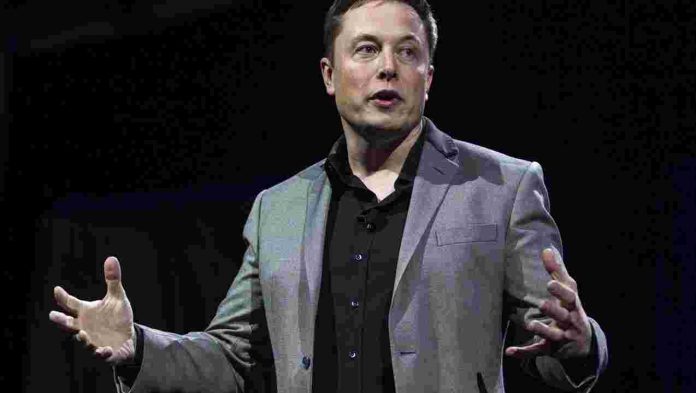DUBAI/RIYADH/LONDON: Saudi Arabia’s Public Investment Fund (PIF) has shown no interest so far in financing Tesla Inc CEO Elon Musk’s proposed $72 billion deal to take the US electric car maker private, despite acquiring a minority stake in the company this year, two sources familiar with the matter said.
The 47-year-old investor and engineer stunned financial markets on Tuesday when he said on Twitter that he was considering a take-private deal for Tesla, an auto manufacturing pioneer that developed the world’s first luxury all-electric sedan car. He also said he had secured funding for the proposal, without providing details.
Investors and analysts viewed PIF as a natural financing partner. Beyond amassing a stake of just below 5 per cent in Tesla, the sovereign wealth fund has poured tens of billions of dollars into technology investments, including $45 billion in SoftBank Group Corp’s Vision Fund over five years.
However, a source who is familiar with PIF’s strategy said it was not currently getting involved in any funding process for Tesla’s take-private deal.
A second source close to the situation also said PIF was not taking part in any such plan at this stage. This source said that the Saudi fund would not make an investment of this kind without seeking guidance first from Softbank.
PIF’s reluctance will add to the pressure on Musk to produce details of his financing plan.
Tesla’s board has not received a detailed financing plan from him and is seeking more information, Reuters reported on Thursday.
The board will make a decision on whether to hire advisers and launch a formal review of Musk’s take-private proposal in the coming days, based on how much detail on the financing plan it receives from Musk, a third source said.
The sources requested anonymity because the deliberations are confidential. A spokesman for PIF was not immediately available for comment. A Tesla spokesman declined to comment on behalf of the company and Musk.
Tesla is facing a make-or-break moment in its eight-year history as a public company, as competition from European automakers is poised to intensify with new electric vehicles from Mercedes, Audi, BMW and other rivals.
Taking Tesla private would remove the pressure from Musk coming from hedge funds betting that the company’s stock will drop given its production issues and negative cash flow. It would also remove the company from the glare of Wall Street that comes with reporting quarterly earnings publicly.
In a letter to employees on Tuesday, Musk suggested a choice for shareholders of selling their shares for $420 each or remaining investors in a private Tesla.
Musk has also said he would be looking to keep his ownership of Tesla at around 20 per cent in a buyout deal, and that a special purpose vehicle, like the one that exists at his aerospace company SpaceX, would allow Tesla shareholders to remain invested if they so choose.
Investment bankers and analysts have so far reacted with scepticism, telling Reuters it would be hard for Musk, whose net worth is pegged by Forbes at $22 billion, to raise the equity and debt financing needed for the deal given Tesla is not turning a profit.
Some analysts have suggested that Musk could convince Tesla’s top shareholders, such as Fidelity Investments and China’s Tencent, to roll their equity stakes into the deal, thereby significantly reducing the amount of money needed to be raised.
However, the deal structure would come with big logistical and legal challenges when it comes to buying out smaller shareholders, analysts have said.





How come no obligatory tweet from trump??? Shouldn’t this fall under the MAGA description? and threats usually follow! Hmmm, strange!!! The tangerine tainted tyrant is silent! remarkable, Not tremendous just remarkable!!!